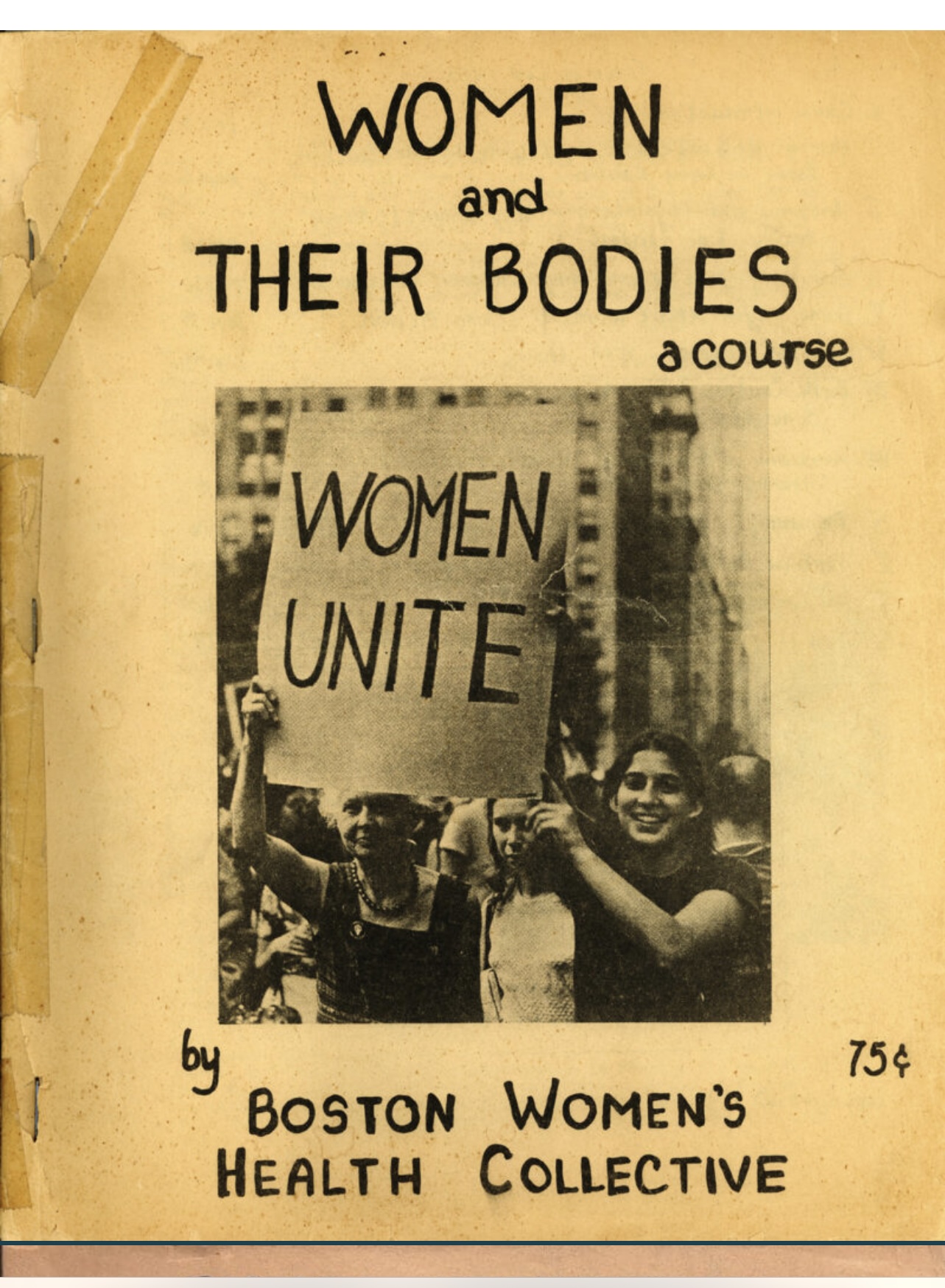
Screenshot
I remember when sex seemed like the border between childhood and becoming an adult, shrouded in mystery and myth, perhaps wonderful and exciting but also dangerous and distasteful. Information was scant in my middle-America 1950’s childhood, but my mother managed to pre-empt more unreliable sources by explaining the basic “facts of life” in mildly appalling clinical terms. Mom! Stop!
That, together with the diagrams of shedding uterine linings in the film that served as sex education for us sixth-grade girls, didn’t make the reproductive process sound like much fun, let alone the monthly travails of pads and mess and embarrassment.
I don’t remember anyone mentioning how wonderful flesh-on-flesh could be, how perfectly right the experience of intimate and gentle human touch–but what a fortunate discovery that eventually was! In a world of potential violence and disrespect, I was lucky.
My “coming of age” coincided with the summer of love, the generation gap, the antiwar movement, civil rights and women’s liberation. Rules and expectations, including prohibitions around sex, changed dramatically. Despite the new freedoms and joys of sexual access, the practical considerations of reproductive health and pregnancy (for heterosexuals particularly) did not magically disappear. The sexual revolution looked different for men and women.
Information and access to contraception, especially the pill, was critical. The Boston Women’s Health Collective produced “Our Bodies, Ourselves”, the bound newsprint bible that detailed anatomy, sexuality, conception and contraception options, abortion (still illegal), sexually-transmitted infections and related conditions. Sometimes you had to wonder if the sex were worth the consequences, which seemed to fall mostly to women. As they always had. And still do.
Medical information was not routinely provided by the male-dominated medical profession. The women’s clinics where I volunteered took time to help women understand their health issues and many of the staff went on to become medical professionals, as did I. We shared the explicit goal of improving women’s autonomy and health. Over the past fifty years, much has improved. Women have generally had more life choices and become more accomplished and powerful in ways previous generations could only imagine. We rejoiced when Roe v Wade finally made abortion legal, and it is an ongoing agony to see the destruction of that right in the U.S. today. Yesterday, today and tomorrow, women’s reproductive health in all its manifestations remains fundamental.



“We got to admit it’s getting better.”
Ah, those happy thoughts from the Beatles. Always good to recognize steps forward. But those steps backwards can be harsh.
Thanx Khati for the reminder of how far we’ve come understanding and addressing women’s sexuality in our generation – and now the regression as we witnessed the reversal of Roe v Wade. We thought it can’t happen here, didn’t we?
The Mothers of Invention had a song “It Can’t Happen Here”—and that was in the 1960’s. I am pretty cynical but have to cling to thoughts that there are other, better possibilities and to carry on.
Down here we’re hoping for good news in November.
Fervently hoping the same for November!
Thanks for that painful reminder! You said it well. I remember the women’s collective well; such great work.
Yes, there were women’s health collectives scattered throughout the country, all doing good work. You remember them, and probably remember how hard it was for women to get good information without condescension in the mainstream health system, and so on and on, much of which changed for the better over the years. The planned parenthood and women’s health clinics today still have to struggle to keep doors open, often enduring physical threats and draconian laws, even though we tend to assume things are better. So far to go and so important still.
I know that despair is self-defeating, but sometimes reality is so damned discouraging.
I hear you, and for so many things. Good to hear your voice again though. Onward.